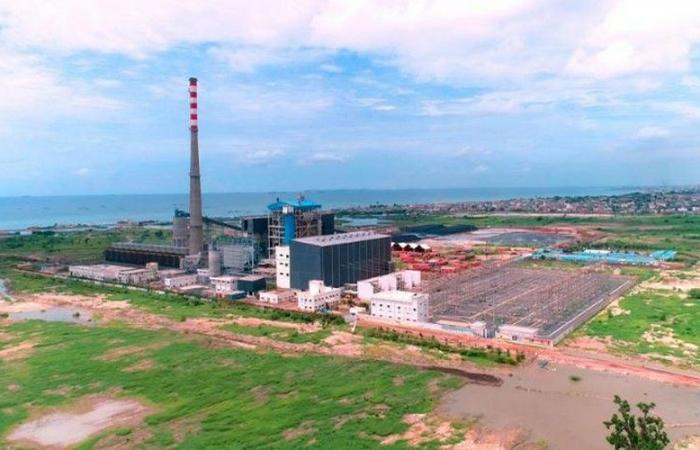The Construction of the Marginal Reduction Cost Curve (MACC) project allowed Senegal to identify 35 measures to mitigate greenhouse gas emissions as part of its fight against global warming, announced Wednesday December 18, 2024, Madeleine Diouf Sarr, director of climate change, ecological transition and green financing.
“We have come together to validate this project, a study to evaluate the cost of abatement of mitigation projects and greenhouse gas emissions,” she said.
35 win-win mitigation measures
Ms. Sarr stressed that this curve made it possible to identify 35 “win-win” measures for Senegal. These measures aim to reduce greenhouse gas emissions while providing economic and environmental benefits for the country. The central tool of the curve also makes it possible to prioritize emissions according to their carbon impact and their financial cost, thus helping to evaluate the effectiveness of these actions.
The national validation workshop for this study was launched as part of the Partnership for Market Implementation (PMI) Project, financed by the World Bank. This project aims to strengthen Senegal’s capacity to reduce its emissions while mobilizing green financing and foreign investments within the framework of the global carbon market.
Sectors affected by mitigation measures
The 35 mitigation measures identified concern various sectors, starting with the environment. These include actions on reforestation, the protection of mangroves, the fight against bushfires and the promotion of improved stoves in order to reduce pressure on the country’s forests.
The measures also concern the energy sector, with projects aimed at promoting butane gas for household cooking, as well as the development of renewable energies. In addition, measures are planned to reduce methane emissions in the sanitation sector, while improving access to sanitation and wastewater treatment.
“These measures are essential to respect Senegal’s climate commitments while supporting its economic development,” added Madeleine Diouf Sarr.
A strategic tool for international cooperation
The representative of the consultancy firm Carbon Limits, Stéphane Guille, stressed that Senegal, like all developing countries, aspires to sustainable economic growth. “This growth often leads to an increase in greenhouse gas emissions, but thanks to emerging technologies, it is possible to maintain growth without it being accompanied by a significant increase in emissions,” he said. he explained.
Knowing the cost of different mitigation measures allows Senegal to engage in international cooperation on carbon markets. According to Mr. Guille, the Marginal Abatement Cost Curve (MACC) tool will help Senegal access international financing under these markets.
Context and objectives of the MACC project
Launched in July 2024, the project to construct the marginal abatement cost curve (MACC) is part of the implementation of Article 6 of the Paris Agreement. Senegal, signatory to this agreement in 2015, has made ambitious commitments to reduce its greenhouse gas emissions, in particular through the implementation of its Nationally Determined Contribution (NDC), adopted in 2020.
The project aims to assess the mitigation potential by sector, define reduction costs taking into account the local context, and refine the eligibility criteria for transition projects in accordance with Article 6 of the Paris Agreement .
Senegal thus continues to position itself as a key player in the fight against climate change and in the implementation of innovative and sustainable solutions for a greener future.
Moctar FICUU / VivAfrik






